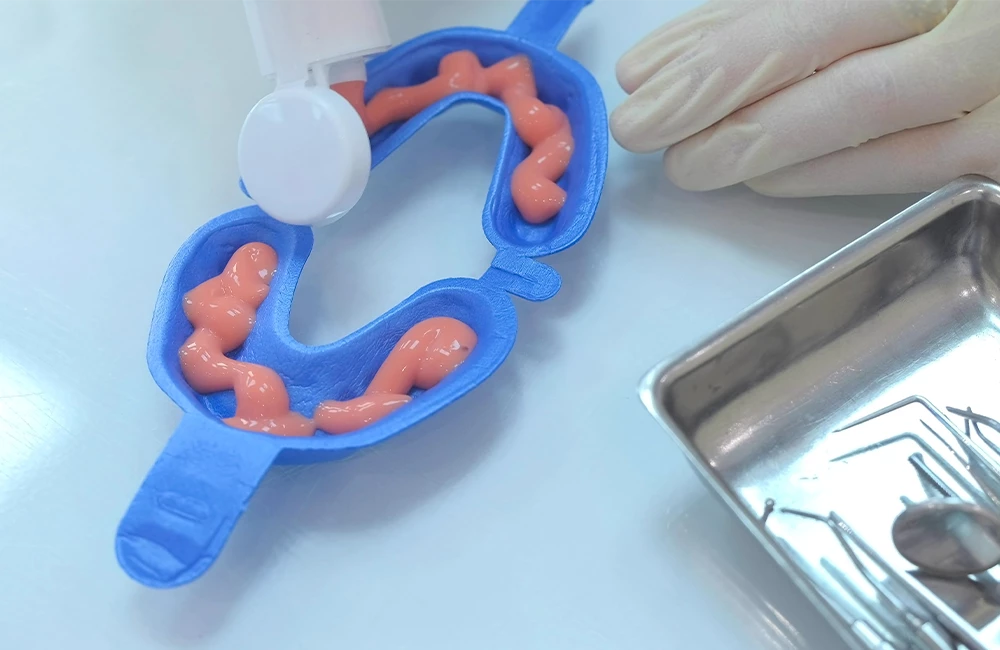Fluoride
What Is Fluoride?
Fluoride is a compound of the naturally occurring element fluorine, which is the 17th most abundant element in the earth’s crust.
How does fluoride protect our teeth?
On a daily basis, minerals are added to and lost from a tooth’s outer layer (the enamel) through two processes, demineralization and re-mineralization. Minerals are lost (demineralization) from a tooth’s enamel layer when acids attack the enamel. The plaque and bacteria that is found in the mouth eat sugars and give off dilute acids as by products. Minerals such as fluoride, calcium, and phosphate are re-deposited (re-mineralization) to the enamel from the foods and waters consumed. Too much demineralization without enough re-mineralization to repair the enamel layer leads to tooth decay.
Fluoride prevents decay in three main ways.
- 1) It reduces the ability of bacteria to generate tooth weakening acids.
- 2) It re-mineralizes those areas on the tooth where acid attack has already begun (reverses early decay).
- 3) It helps prevent tooth decay by making the tooth more resistant to acid attacks from plaque bacteria and sugars in the mouth.
Our Fluoride Recommendations
Fluoride is often added to our drinking water. Topical application of fluoride works directly on the teeth, gums and bacteria found in the mouth, with minimal incorporation into the body. We recommend daily brushing with an over-the-counter (OTC) toothpaste containing fluoride. During your professional cleaning we also recommend the topical application of a prescription level fluoride applied as a foam or varnish in the office. During your appointment we will help to determine if you would also benefit from additional fluoride at home such as an OTC rinse, a prescription rinse or even a prescription toothpaste like Colgate PreventiDent 5000 Plus or Clinpro 5000 (which can even help with sensitive teeth).
View our video to learn more


